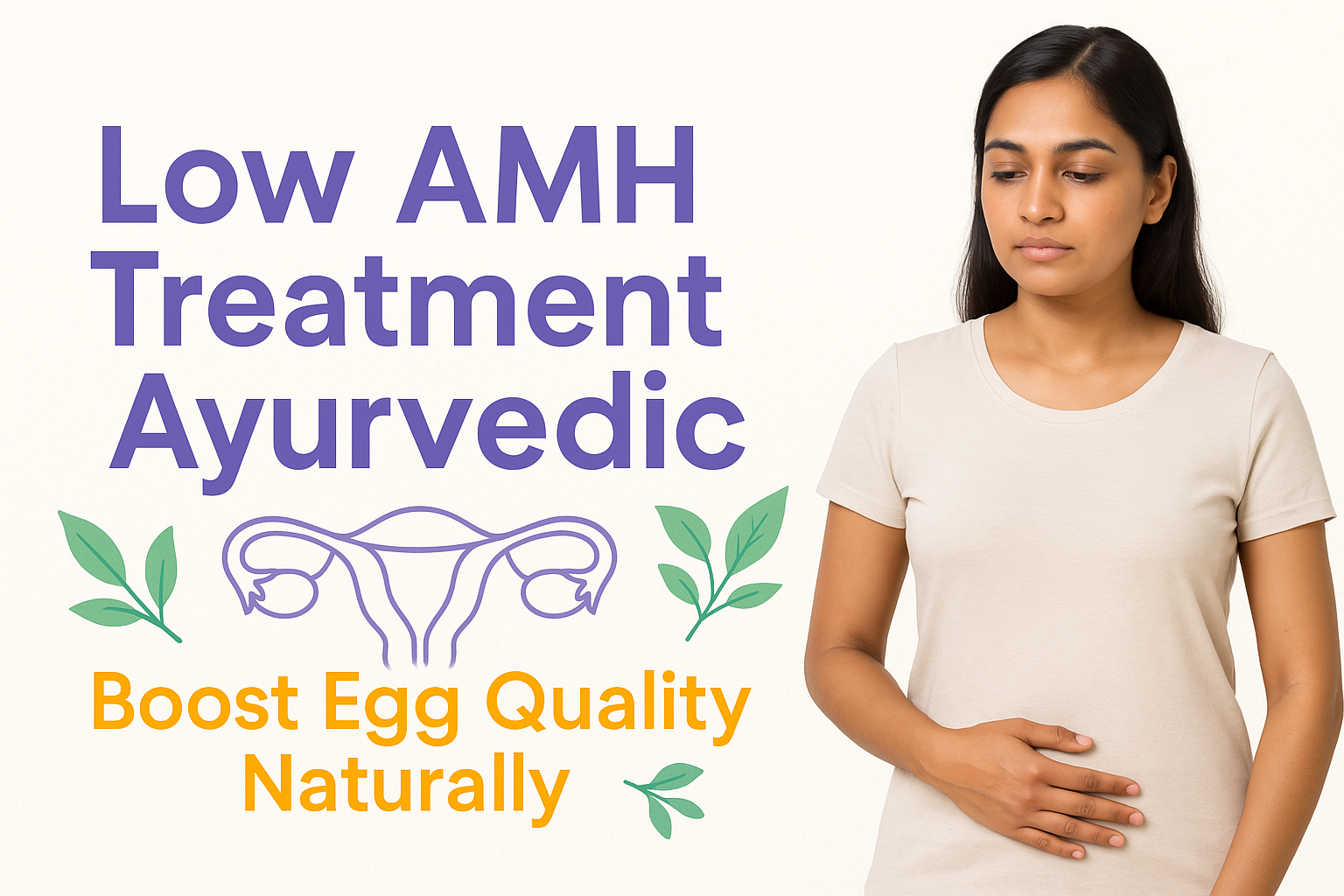Things to be covered:
- What is PCOS and PCOD?
- Side Effects of PCOS and PCOD
- Differences between PCOS and PCOD
- Cure for PCOS and PCOD
Navigating through the intricacies of women's health, Polycystic Ovary Syndrome (PCOS) and Polycystic Ovary Disorder (PCOD) often surface in discussions, their terms sometimes used interchangeably. However, these conditions have unique characteristics and impacts on a woman's well-being. In this comprehensive exploration, we will dissect the nuances of PCOS and PCOD, shedding light on their definitions, side effects, key differences, available treatments, and the road to managing these conditions effectively.
What is PCOS and PCOD:
What is PCOS?
PCOS, or Polycystic Ovary Syndrome, is characterized by elevated levels of androgens, disrupting the development and release of eggs. In this condition, some eggs turn into cysts – small sacs filled with liquid – which accumulate in the ovaries and can even cause enlargement. Unlike PCOD, PCOS involves hormonal imbalances leading to various symptoms. The increased androgen levels impact reproductive health, and the cysts hinder the normal ovulation process. Managing PCOS involves addressing hormonal irregularities and promoting overall well-being.
What is PCOD?
PCOD, or Polycystic Ovarian Disease, involves the ovaries releasing an excess of immature or partially mature eggs that develop into cysts. Normally, women release an egg alternately every month, but in PCOD, this process goes awry. Common symptoms include abdominal weight gain, irregular periods, male pattern hair loss, and fertility issues. PCOD leads to enlarged ovaries producing higher amounts of androgens, affecting both fertility and overall health. Managing PCOD often focuses on alleviating symptoms and promoting hormonal balance.
Side Effects of PCOS:
PCOS can manifest in a variety of ways, impacting both reproductive and overall health. Common side effects include:
Irregular Menstrual Cycles: Women with PCOS often experience irregular periods or, in some cases, prolonged periods.
Ovarian Cysts: Multiple small cysts may develop on the ovaries.
Fertility Issues: PCOS can contribute to difficulties in conceiving.
Insulin Resistance: Increased risk of insulin resistance and type 2 diabetes.
Hormonal Imbalance: Elevated androgen levels lead to symptoms like acne and excess hair growth.
Weight Gain: Many individuals with PCOS may struggle with weight management.
Side Effects of PCOD:
While PCOD shares similarities with PCOS, it may present with distinct side effects:
Irregular Menstrual Cycles: Like PCOS, irregular periods are a common feature.
Ovarian Cysts: Presence of multiple cysts on the ovaries.
Hormonal Imbalances: Disruptions in hormonal levels can lead to symptoms such as acne and excessive
hair growth.
Fertility Issues: PCOD may contribute to challenges in conceiving.
Differences between PCOS and PCOD:
Now that we've explored the basics of these menstrual health issues, let's zoom in on some key differences:
Firstly, PCOS is generally considered a more serious condition. PCOD often responds well to lifestyle changes and might not require extensive medical treatment. In contrast, PCOS is an endocrine system disorder, carrying more significant implications and almost always requiring external hormone intake for treatment.
Additionally, in terms of prevalence, PCOD is more common among women. Roughly one-third of menstruating women worldwide have PCOD. On the other hand, PCOS, while not rare, is less common. A study in Southern India and Maharashtra found that about 9.13% of menstruating women in those regions have PCOS, while 22.5% have PCOD.
Lastly, both disorders share infertility as a potential side effect, but not to the same degree. With PCOD, pregnancy is usually achievable with some precautions and minimal medical intervention. In contrast, PCOS, with its complex hormonal irregularities, poses greater challenges for conception. Medications like Clomiphene are often used to enhance fertility in PCOS, but they may also increase the likelihood of twins or multiple births, which may not align with everyone's family planning goals.
Whether dealing with PCOS or PCOD, it's important to recognize the social stigma and misinformation surrounding these common disorders, especially in Indian society. Despite their prevalence, they are often treated as hush-hush topics, reflective of the broader societal hesitancy to openly discuss matters related to menstruation.
|
Characteristics |
PCOS |
PCOD |
|
Occurrence |
Rare |
Common in Women worldwide |
|
Definition |
Endocrine disorder of ovaries with immature follicles |
Metabolic disorder due to hormonal imbalance |
|
Presence of Cysts |
Minimum number of cysts |
More than 10 cysts in each ovary |
|
Cause |
Genetics, Lifestyle, Eating Habits, Mental Health |
Genetics, Insulin resistance, inflammation, weight |
|
Severity |
Pcos cannot be reversed |
Pcod can be reversed with medication |
|
Treatment |
Diet control, exercise, lifestyle changes and Medication |
Diet, exercise, medication, surgery |
|
Complications |
Hard to get pregnant, risk of diabetes, high blood pressure, obesity, endometrial cancer |
Easy to get pregnant with medical aid |
Cure:
Lifestyle Changes: Adopting a healthy lifestyle with regular exercise and a balanced diet can help manage symptoms.
Medications: Hormonal medications may be prescribed to regulate menstrual cycles and address hormonal imbalances. Gynoglow offers ayurvedic solutions for PCOS & PCOD to help women overcome the challenges posed by these health issues.
In the tapestry of women's health, understanding the distinctions between PCOS and PCOD is crucial for accurate diagnosis and tailored management. While these conditions pose challenges, proactive lifestyle choices and medical interventions can pave the way for a fulfilling and well-balanced life. Remember, seeking guidance from healthcare professionals ensures a personalized approach to managing PCOS or PCOD, empowering women to navigate their unique health journeys with resilience and informed choices.








